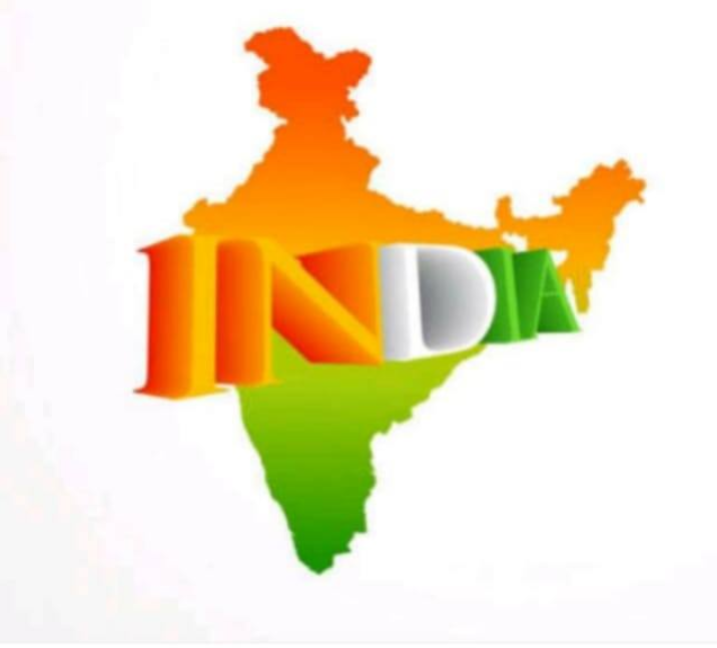Should the Government of India reorganize Public Distribution system to meet the intentions of one nation, one ration card? Comment (200 Words)
Refer - The Indian Express
Enrich the answer from other sources, if the question demands.

IAS Parliament 6 years
KEY POINTS
· The Economic Survey 2017 estimated that over nine million Indians change their state every year.
· For them, the “One Nation, One Ration Card” is a gamechanger because it makes their rations “portable”, allowing them to pick up food grains from any ration shop in the country.
· It also benefits non-migrants by allowing them to transact at better-performing shops locally. This local “choice effect” is extremely popular in Andhra Pradesh, which has introduced such portability within the state since October 2015.
· A study by researchers at the Indian School of Business (ISB) found that over 25 per cent of Public Distribution System (PDS) beneficiaries in the state now use portability.
· However, we must approach this bold vision with utmost caution because PDS is a crucial lifeline for many of the 800 million Indians it reaches.
· It provides them with at least 5 kg of grain per person per month, equivalent to 25 per cent of an individual’s recommended calorie intake.
· In 2017, it was reported that a 11-year old girl from Jharkhand died when her family was unable to access rations in the aftermath of large-scale revisions in the beneficiary list.
· Such tragedies must be prevented at all costs and we should therefore be cautious while restructuring the program.
Restructuring PDS
· Fundamental processes related to the PDS need to be redesigned to empower every individual. The State of Aadhaar Survey 2017-18 found that nearly 6.5 per cent of PDS beneficiaries in Rajasthan were denied ration because the shop owner claimed to be out of food grain.
· A beneficiary has no mechanism to question whether the shop owner is telling the truth or diverting rations. Portability and biometrics will not solve this problem completely.
· The central government should use this opportunity to make PDS more user-centric. It should track denial of service on a real-time basis through mobile-based surveys.
· The operational backbone of the PDS needs to be restructured to promote portability. States should be brought together on a national platform that is based on the same technical standards and can therefore “speak” to each other (what technologists call “interoperability”), so that portability works seamlessly across states.
· While leveraging the power of Aadhaar for PDS, the government should actively address privacy and exclusion risks that the use of Aadhaar and a centralised PDS platform can lead to.
· To prevent denial of service, the government should ensure availability of non-biometric means of authentication (such as OTP or PIN), as well as manual overrides.

Hari 6 years
Kindly review.. Thank you

IAS Parliament 6 years
Good answer. Try to stick to word limit and underline key points. Keep Writing.
Chinna 6 years
Kindly review...thank you

IAS Parliament 6 years
Good answer. Keep Writing.
Anu 6 years
Kindly review. Thank you.

IAS Parliament 6 years
Good answer. Try to stick to word limit. Keep Writing.
Aspirant 20 6 years
Kindly review

IAS Parliament 6 years
Good answer. Keep Writing.